“In the body’s refusal of predictable outcomes lies the wisdom of experience: what we do (and do not do) stays with us, the carapace of memory, something that alternately protects and exposes us. In Chloe Leisure‘s début collection The End of the World Again such gathering of bodies amounts to fertility rite. Part childhood reverie for an Eden that was never there, part post-apocalypse foraging in a warring world too much here, part lament for a child that will not arrive, this clear-eyed and thing-textured collection forges a narrative lyric that is haunted, lapidary, perspectival. “We save the past to inoculate the future,” says Leisure, gathering the “migratory viruses.” They are amulets reconfigured, wombs retextured, faiths rediscovered. Strikingly observed and deeply felt, these poems suggest a kind of eucharism that exchanges one lost body for another through the will of attention. “Stow the fallen in warm pockets/nuzzled by used tissues and lint,” and “when the nettle’s all been foraged/we survive on icicles, Vaseline.” Strange and urgent and beautiful, these poems restore, if not wholeness, a kind of faith in the corporeal imagination we need to survive in our imperiled world.”
–Matthew Cooperman, author of Imago for the Fallen World
“The End of the World Again is a book full of startling imagery and (almost) impossible circumstances, and as such, a reader might be tempted to call it surreal. But the world it describes is unnervingly familiar. How are we to navigate our perpetually apocalyptic world? Leisure offers sage advice: “Let silence expand / and embrace,” “rest your head on a dog’s warm ribcage,” “Trust the sky to guide you through the pitch.” This is a fierce book that doesn’t merely accept the fact of loss and destruction, but rather, in its unflinching vision, it offers a form of resistance that illuminates and empowers—“Ignite your prayer, and dance in the brief glow.” ”
–Sasha Steensen, author of House of Deer
“The End of the World Again is book of self-transformation where every tree, cloud, rock or waterfall holds the potential to dispel guilt and shame through rituals of absolution that involve healing an abused earth threatened by an almost-forgotten nuclear holocaust and by the apocalypse of St. John. This collection begins in a choice to live for the poetic imagination, not for conventional reasons. “There’s no priest to call,” the poet realizes. In poems like “Radio Bikini, Radio Insomnia” the emotional burden of growing up during the Cold War ignites a desire to save everything that international politics threatens to destroy. The poems enact rituals whose burden is to confront the transgression of creativity, the shame of the body, and the helpless guilt of survivors who are like an ancient statue that has carried grief until its arms fall off. The sensibility that emerges in the poem are like steps in learning how to consider being considerate. In so doing, Chloé Leisure invents a variation on the use of “you” in poetry, “the empathic you.” The poems operate through symbolic gestures such as taking a butterfly’s wing as “host” on one’s tongue; it moves through a liturgy of owls and hymns for earthworms. It remembers how to imagine infinity. Its music arises from an Orphic lyre—softening stones and compelling trees to follow—but it’s written by an Eurydice who knows how to value life’s memorials even more intimately than he. This is called a chapbook, but it is also a sampler of what treasures Ms. Leisure may further bestow.”
–Bill Tremblay, author of Shooting Script: Door of Fire
Rating: ***** [5 of 5 Stars!]

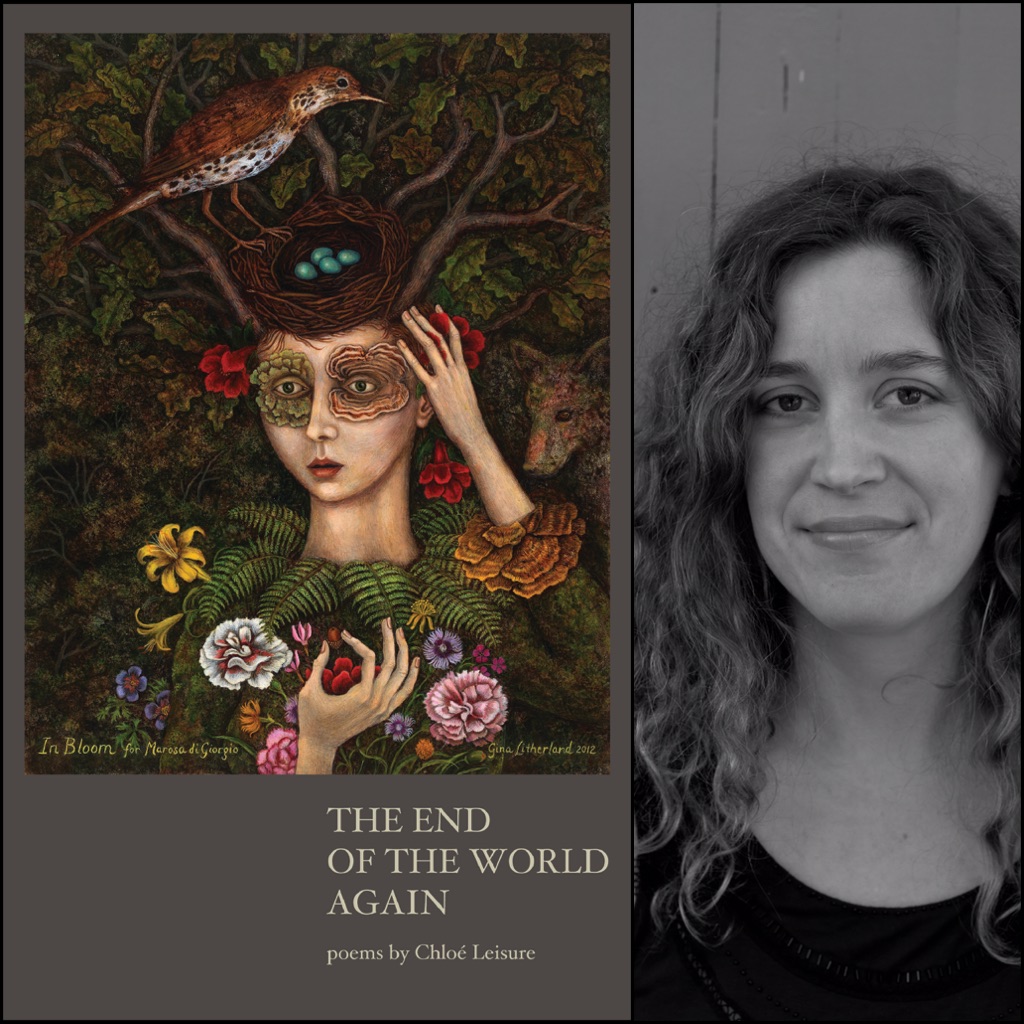
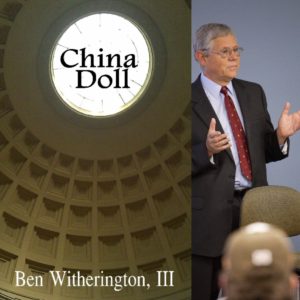
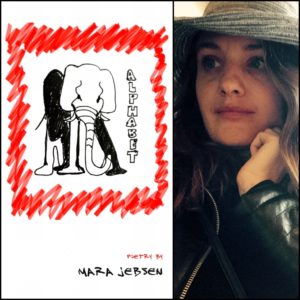
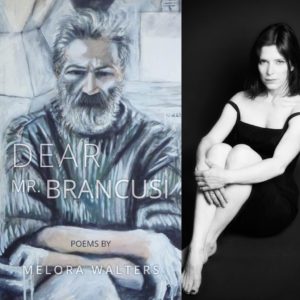
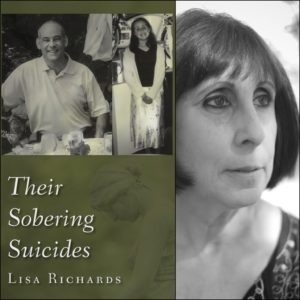
Reviews
There are no reviews yet.